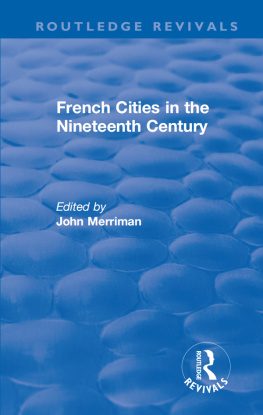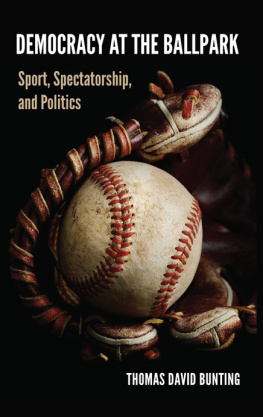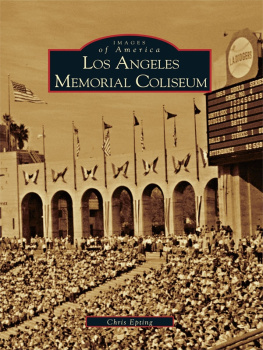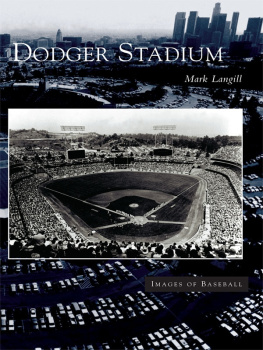Edited by
David Hopkin and Mire Cross
This series is published in collaboration with the UK Society for the Study of French History. It aims to showcase innovative short monographs relating to the history of the French, in France and in the world since c.1750. Each volume speaks to a theme in the history of France with broader resonances to other discourses about the past. Authors demonstrate how the sources and interpretations of modern French history are being opened to historical investigation in new and interesting ways, and how unfamiliar subjects have the capacity to tell us more about the role of France within the European continent. The series is particularly open to interdisciplinary studies that break down the traditional boundaries and conventional disciplinary divisions.
Titles already published in this series
Emile and Isaac Pereire:Bankers, Socialists and Sephardic Jews in nineteenth-century France
Helen Davies
From empire to exile: History and memory within the pied-noir and harki communities, 19622012
Claire Eldridge
Catholicism and childrens literature in France: The comtesse de Sgur (17991874)
Sophie Heywood
Aristocratic families in republican France, 18701940
Elizabeth C. Macknight
The republican line: Caricature and French republican identity, 183052
Laura OBrien
Robespierre and the Festival of the Supreme Being: The search for a republican morality
Jonathan Smyth
The routes to exile: France and the Spanish Civil War refugees, 19392009
Scott Soo
Copyright Robert W. Lewis 2017
The right of Robert W. Lewis to be identified as the author of this work has been asserted by him in accordance with the Copyright, Designs and Patents Act 1988.
Published by Manchester University Press
Altrincham Street, Manchester M1 7JA
www.manchesteruniversitypress.co.uk
British Library Cataloguing-in-Publication Data
A catalogue record for this book is available from the British Library
Library of Congress Cataloging-in-Publication Data applied for
ISBN 978 1 5261 0624 7 hardback
First published 2017
The publisher has no responsibility for the persistence or accuracy of URLs for any external or third-party internet websites referred to in this book, and does not guarantee that any content on such websites is, or will remain, accurate or appropriate.
Typeset by Out of House Publishing
Printed in Great Britain
This project could not have come to fruition without enormous financial and logistical support. I benefitted from a Fulbright IIE Fellowship and an International Dissertation Research Fellowship from the Social Science Research Council; I also received summer travel funding from Columbia Universitys Council on European Studies, Grinnell College, Oberlin College and Cal Poly Pomona. As a graduate student at the University of Wisconsin-Madison, I enjoyed sustained support from the George L. Mosse Program and a History Department Fellowship.
I am also indebted to my undergraduate and graduate mentors, who have influenced this project in particular and my career more broadly. At Carleton College, Carl Weiner and Scott Carpenter helped shape my thinking about history and my love of the French language. At the University of Wisconsin-Madison, my advisor Laird Boswell encouraged my pursuit of what might have struck many as an unfeasible dissertation topic, and has given me unfailingly helpful and kind counsel throughout my academic career. My thanks also go to Suzanne Desan, Mary Louise Roberts, Rudy Koshar and Dan Sherman for their compelling and helpful feedback on my dissertation.
This book also reflects the support and engagement of numerous friends and colleagues. Sarah Robinson, Deirdre Joyce, Scott Moranda, Holly Grout, Anne MacLaughlin-Berres, Gillian Glaes and Guy Geltner made Madison, Wisconsin, a congenial place for graduate studies. As a visiting faculty member at Grinnell College, Oberlin College, Gettysburg College, Franklin & Marshall College and Whitman College, I benefitted especially from the intellectual engagement, friendship and support of Ed Cohn, Leonard Smith, Leena Dallasheh, Marko Dumani, Maria Mitchell, Douglas Anthony, Michael Birkner, John Cotts, David Schmitz and Lynn Sharp. Andrea and Dominique Magermans made me feel like an honorary family member in Grinnell, while Anastasia Christman and Michael Bottoms did the same in Walla Walla, Washington. I am also deeply fortunate to have ended up at Cal Poly Pomona, in a department of great scholars, inspiring teachers and genuinely wonderful people.
This project owes a substantial debt to Rebecca Scales, who has given me expert feedback on many of the chapters here. Other historians have been unflaggingly kind and supportive, particularly Hugh Dauncey, Christopher Thompson, Eric Reed, Joan Tumblety and Simon Kitson. My thanks must also go to the entire editorial team at Manchester University Press for championing this project and shepherding it through to completion.
I received terrific help and support from the personnel at every archive and library that I visited in France, and I fear that I must commit an injustice in not naming everyone who patiently answered my questions and helped me along the way. I also benefitted from the aid of Danielle Tartakowsky, Marc Lazar, Pascal Leroy, Patrick Vauzelle, Nicolas Kssis, Michal Delpine and Guillaume Bobet, who were all exceptionally generous with their time and advice. My travels in Europe were made possible by the hospitality of many people, including Janina Gosseye, Jocelyn Raude, Christopher Jarvis, Judith Grynfogel, Hasana Sharp, Tony Sullivan and Peter Everett.
Finally, my extended family deserves special thanks and appreciation. My grandparents Robert and Lucille Towner and Norman and Elizabeth Lewis encouraged my love of history, while Greg and Susan Dean helped make Madison a familial and familiar place. My parents Jim and Gretchen Lewis have encouraged my academic career, my love of bicycling and a desire to travel, and my sister Emily Lewis brings kindness, humour and music everywhere she goes. Finally, my wife Cathy Carlisle has graciously tolerated my intellectual and emotional commitment to this project for over a decade, while our son David Dow Lewis was born just as this endeavour reached its conclusion. They both have given meaning and love to my life in a way that makes any academic project seem insignificant in comparison.
Earlier versions of portions of this book were published in A Civic Tool of Modern Times: Politics, Mass Society and the Stadium in Twentieth-Century France, French Historical Studies












